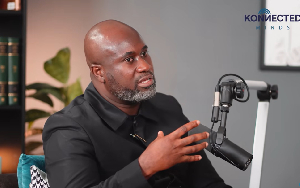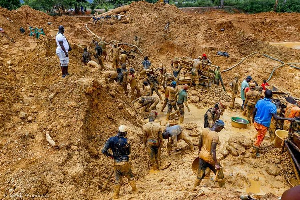BasicNeeds-Ghana says 37% of persons with mental illness and epilepsy have never sought or received treatment from any health facility, and 63% also gone through unsuccessful treatment options such as spiritual advisors, soothsayers and traditionalists, before receiving psychiatric treatment
According to BasicNeeds-Ghana, mental patients are not getting the needy health care, because the country has only 12 psychiatrics, with several of them almost at their retiring age.
Ghana’s renowned psychiatrist, Prof. J. B. Asare, addressing journalists at a workshop organised by BasicNeeds-Ghana recently in Accra, indicated that the huge gap of lack of psychiatrists, psychiatric nurses and community psychiatrists in the health sector had given way for traditional and spiritual healers.
He said of the 12 psychiatrists in Ghana, the majority were working in the psychiatric hospitals, which are all located in the southern/coastal parts of the country.
He said the inadequate number of mental health professionals in the system also has implications on how psychotropic and anti-epilepsy medicines are being administered to persons with mental and epilepsy illnesses.
Though mental health is currently receiving some attention by the introduction of Community Health Psychiatric Nurses (CPNs) and Community Mental Health Officers (CMHOs), the patient-doctor gap keeps widening, due to lack of motivation of health workers.
He explained that mental health workers are the least motivated within the health sector, and opportunities for personal development and career progression of the community mental health worker are rare or virtually non-existent.
“There is also a lack of involvement and interest by other general health workers in mental care, with many of them considering mental health services out of their domain, hence not part of their responsibility,” Prof. J. B. Asare said.
Infrastructure and logistics
Prof. J. B. Asare stressed that mental health infrastructure in the country is poor. He noted that the structures are either inadequate, or in deplorable conditions, with outdated devices and equipment.
He emphasised that the three psychiatric hospitals in the country had seen very little renovation and refurbishment since they were built. “Most of these facilities require proper furnishing, and need equipment to operate at the optimum,” he revealed.
Health News of Wednesday, 24 September 2014
Source: The Chronicle












